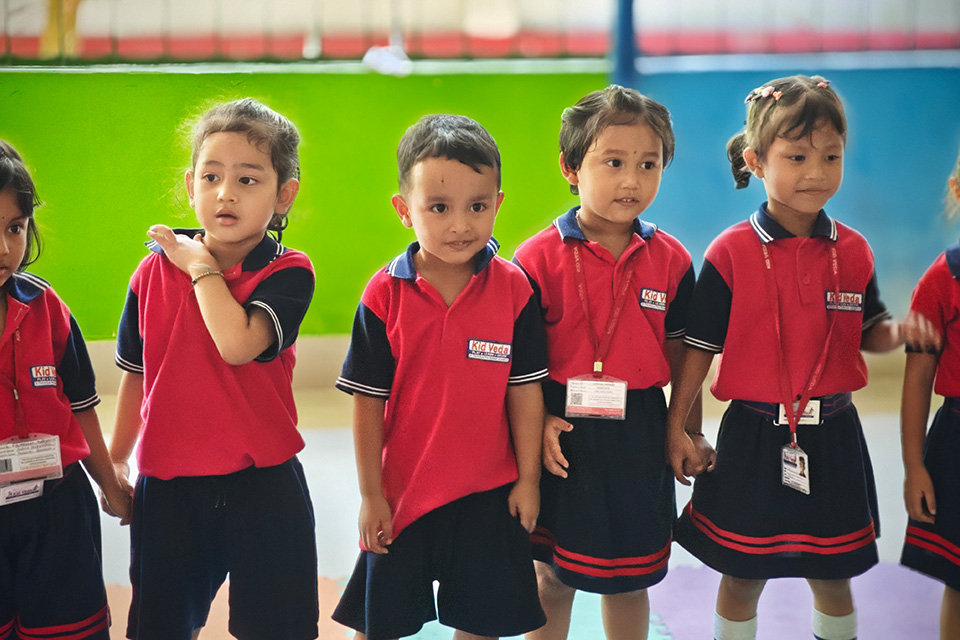Play is an integral part of early childhood education, serving as a foundation for learning and development. It is through play that children explore the world, develop essential skills, and build relationships. Understanding the role of play in education can help parents and educators create environments that nurture and support children’s growth.
Play-based learning is recognized for its numerous benefits in early childhood development. Cognitive development is one of the primary advantages. Activities such as building with blocks, solving puzzles, and engaging in pretend play stimulate brain development and enhance problem-solving abilities. These activities encourage children to think critically, make decisions, and explore cause-and-effect relationships.
Social and emotional development is another key benefit of play. Through play, children learn to interact with others, share, take turns, and resolve conflicts. These interactions help them develop empathy, cooperation, and communication skills. Role-playing activities, where children pretend to be different characters, also promote understanding of various perspectives and emotions.

Physical development is significantly supported by play. Activities that involve running, jumping, climbing, and balancing help improve gross motor skills and coordination. Fine motor skills are developed through activities like drawing, cutting, and manipulating small objects. Play encourages children to be active and engaged, promoting overall physical health and well-being.
Incorporating play in the classroom is essential for a well-rounded educational experience. Pre-schools often use play-based activities to teach various concepts. For example, a simple game of matching cards can teach colors, shapes, and numbers. Building with blocks can introduce basic engineering principles. Storytelling sessions can enhance language skills and imagination.
Balancing structured and unstructured play is important. Structured play includes guided activities with specific learning objectives, while unstructured play allows children to explore and create freely. Both types of play are valuable and complement each other. Structured play provides opportunities for targeted learning, while unstructured play fosters creativity and independence.
Parents can support play at home by creating a play-friendly environment. Provide a variety of toys and materials that encourage imaginative play, such as blocks, dolls, art supplies, and musical instruments. Limit screen time and encourage outdoor play to promote physical activity and exploration. Participate in play activities with your child, showing interest and enthusiasm.
In conclusion, play is a vital component of early childhood education, contributing to cognitive, social, emotional, and physical development. By recognizing the importance of play and incorporating it into daily routines, parents and educators can create enriching learning experiences. Embrace play as a powerful tool for education and watch your child thrive in their early years.
